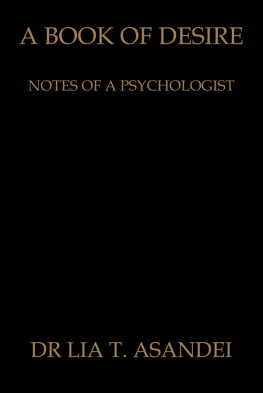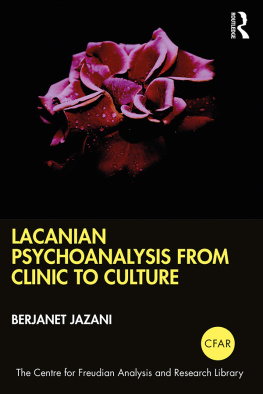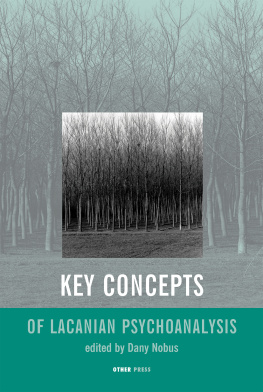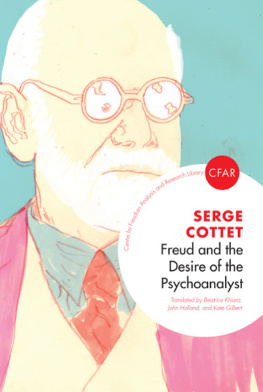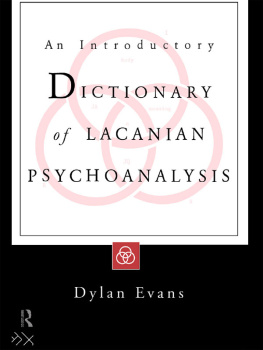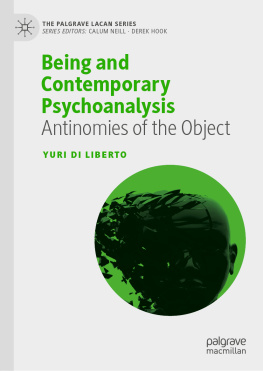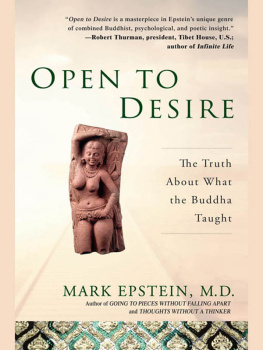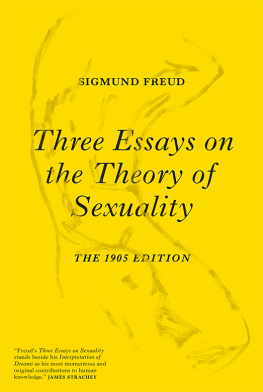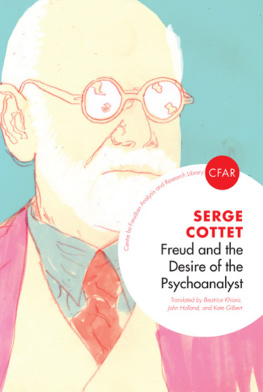

Dr Lia T. Asandei, 2019
To my father
Wish I was afraid of fire
But instead, I live off it
I fall for it. I beg for it
I cannot breathe without it
I cannot forget without it.
Its strange I should love rain.
I am fire from fire
Burning myself down
Until all is melting ash.
From Journal of a Melancholic, unpublished
PREFACE
In his book Beyond Good and Evil , the philosopher and poet Friedrich Nietzsche writes that, It is possible that under the holy story and distortion of the life of Jesus there is hidden one of the most painful cases of the martyrdom of knowledge about love : the martyrdom of the most innocent and most craving heart, that never had enough of any human love, that demanded love, that demanded inexorably and frantically to be loved and nothing else, with terrible fights against those who refused him their love; the story of a poor soul insatiated and insatiable in love, that had to invent hell to send thither those who would not love him and that at last, enlightened about human love, had to invent a God who is entire love, entire capacity for love
In the past sixteen years I worked as a therapist and clinical psychologist for NHS Mental Health Services (South London and Maudsley NHS Foundation Trust, North East London NHS Foundation Trust and Whittington Health NHS Trust). I have always been touched to discover that my patients too, are insatiable in love, that they desire and need to be loved. I am impossibly touched when sometimes they say in sessions that they never told anyone before about something terribly important that had happened in their life.
In our work together we always talk about love, desire, loss, angst, pain; we work at the junction of Psychoanalysis and Philosophy.
I believe that my analysands continue to search for love even in therapy.
I always hope that they will come to love their life.
But in all my work I came to realise that I love their lives too, and that is why their stories (with their accord) had to be told, and this book had to be written.
London, August 2020
CONTENTS
I. WORDS OF LOVE
The ravaging light
of full moon nights
Has torn my flesh into a thousand silent signs
Stars and wolves have gathered them
And put them into words.
I have tried and tried
But I could not read them.
You are reading them to me
And I listen to your words
Again and again.
From Journal of a Melancholic , unpublished
In psychoanalytic theory, the famous French psychoanalyst and psychiatrist Jacques Lacan teaches that love is a form of suicide.
We are reminded that love changes us, that love changes things in our lives; it changes our lives. For lots of us, love is an endgame, even though we do not necessarily recognise it as such.
There are patients who had started, unconsciously, to behave in a certain way in relationships, because of an earlier relationship that ended badly. And how can a relationship end if not badly? It either ends badly or it never ends. Should we aim to shake hands and pat our shoulders when we break apart?
Even if we do so, there is regret, bitterness, sorrow, confusion, anger. It would be quite difficult to part as friends, although not impossible. Perhaps being friends afterwards is another symptom, it says something about us, but what? That we do not care any longer, that we still want to keep the person in our life, that we still need them, that we try to use them. It will mean different things for different people.
Religion teaches us that in the beginning was the Word.
In his Seminar on Transference, Jacques Lacan states that, in the beginning there was love. He refers to the beginning of psychoanalysis, the talking cure, and its first patient, Anna O.
Anna O. was at the centre of Sigmund Freuds (father of Psychoanalysis) original treatment of hysteria. Her first doctor mentions her saying words to herself, which sounded like melancholic phantasies which held poetic beauty. Melancholia and poetry are part of the beginning of Psychoanalysis.
Anna O. fell in love with her doctor, Joseph Breuer; Jacques Lacan notices that whether the doctor responded to her request for love or not, it did not matter all the same.
This sort of love came to be considered in psychological practice as transference , an interpersonal phenomenon where a person appears to redirect to specific people feelings meant for others, feelings meant for certain other significant people in their lives. This transfer of love may happen in various life situations, but it is very likely to occur in a therapy situation. Both love and hatred can be transferred.
Psychoanalysis reminds us how important words are, for both love and hate.
Indeed, they seem to follow a common path with our destiny.
Besides words, we also have feelings, and actions, and memories, but what would they be without expression, words and meaning?
Jacques Lacan goes as far as to say that, our unconscious life is structured as a language. We seem to place irrevocable heaviness on words and what they mean for our psychical life. Our deepest layer of mind is bound intimately to the language and the ideas that have accompanied us from the start of life.
Recently, Andrew D. (all real names have been changed in the book), a patient in his late fifties who worked in a military administration department, told me that he had an incident at work that lead to him taking a long absence of sickness related to anxiety and depression. He described his work at the Ministry of Defence as highly important and very much dictated by rules and protocols.
A new female colleague of similar age, with a senior administrative role, had joined his small team formed of male officers.
Andrew described his sudden anger and rage towards her; this anger culminated in an occasion where he came close to physically hitting and harming her. This incident prompted him to take a prolonged sick leave from work for the first time in a career of over thirty years.
In our therapy sessions, he stated that this woman colleague of his was not proving able to deal with her workload and was spending her workdays in endless lunch breaks. When I asked him what troubled him about her, he told me that he did not want to have to do her work, in addition to his.
I do not wish to be dumped on, he said.
At the beginning of our therapy sessions, Andrew had described himself as happily married. He then told me that he had been married before, in his twenties, when he was at the beginning of his army career, and that his then wife had abruptly left him for another man from the army.
In this session when he was talking about his new woman colleague, I did not wish to be dumped on, I was keeping silent, allowing him to continue, and he continued after a pause in his thought and referred to the divorce from his first wife with a particular word:
I think I was dumped back there in my youth by my first wife, wasnt I?
The remark about his ex-wife came out of nowhere, and the words he used were unexpected; I could not help myself in saying: Yes, I am afraid you were.
Andrew found some link between his new female colleague and his ex-wife whom he hated. And the words, the signifiers, were (also) part of this link.

